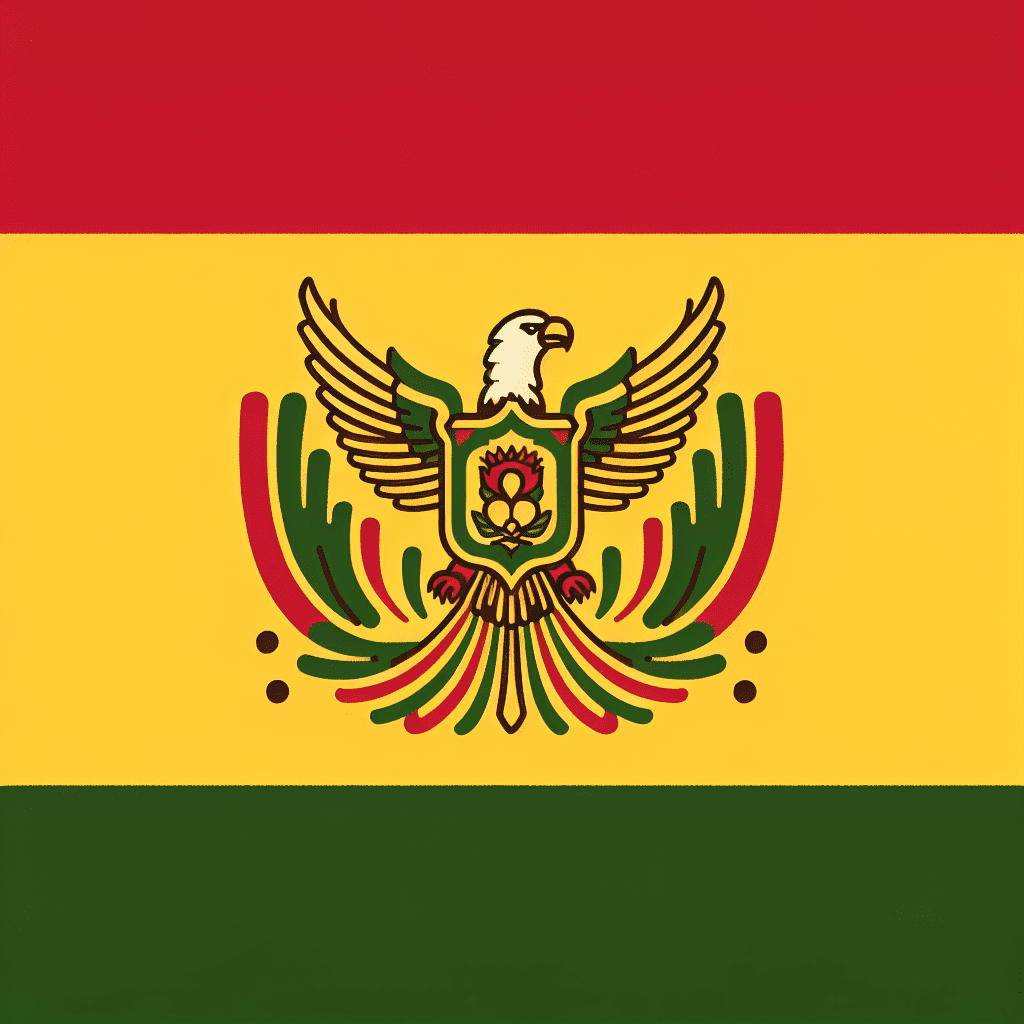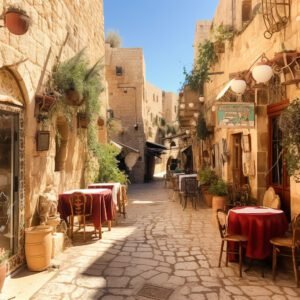Introduction
When traveling to a new country, it is important to be aware of the rules and cultural norms in order to have a positive and respectful experience. Every country has its own unique customs and regulations that should be followed. In this article, we will explore the rules and cultural norms of Bolivia, a vibrant and diverse country in South America. By understanding and respecting these guidelines, you can make the most of your trip and avoid unintentionally causing offense or breaking the law.
Key Elements
Element 1: Greeting Etiquette
In Bolivia, it is customary to greet someone with a handshake, and it is common for men to greet each other with a hug and a pat on the back. Eye contact is important during greetings, as it is a sign of respect. Additionally, addressing people with their titles and surnames is considered polite, particularly when interacting with older individuals or those in positions of authority.
Element 2: Respect for Pachamama
Pachamama, which translates to “Mother Earth,” is highly revered in Bolivian culture. It is important to show respect for nature and the environment while visiting Bolivia. This includes refraining from littering, damaging natural resources, or engaging in any activity that may harm the ecosystem. Many Bolivians also offer small offerings to Pachamama, such as pouring a few drops of their drink on the ground before taking a sip.
Element 3: Coca Leaf Chewing
Coca leaf chewing is a long-standing tradition in Bolivia and is legally recognized as a cultural practice. However, it is important to note that the consumption of coca leaves is illegal in many other countries. While coca leaves themselves are not illegal in Bolivia, it is essential to refrain from trying to transport them across international borders, as this may lead to legal issues.
Element 4: Dress Code
When visiting religious sites or participating in traditional events in Bolivia, it is important to dress modestly and respectfully. Women are often expected to cover their shoulders and knees, and men should avoid wearing shorts. This demonstrates an understanding and appreciation for the country’s cultural values and traditions.
Element 5: Political Engagement
Bolivia has a rich political history, and many Bolivians are passionate about their political beliefs. Visitors should be mindful of local sensitivities and avoid engaging in political discussions or expressing strong opinions, particularly if they are not well-informed about the country’s political landscape. Respectful observation and an open mindset can go a long way in fostering positive interactions.
Tips for Traveling
Now that you have a better understanding of the rules and cultural norms in Bolivia, here are some practical tips to enhance your travel experience:
- Language: While Spanish is the official language of Bolivia, many Bolivians also speak indigenous languages such as Quechua and Aymara. Learning a few basic phrases in Spanish can greatly facilitate communication and show respect for the local culture.
Safety: As with any travel destination, it is important to be aware of your surroundings and take necessary precautions. Avoid displaying valuable belongings openly and be cautious in crowded areas. It is advisable to consult with local authorities or reputable travel resources for specific safety recommendations.
Altitude: Bolivia is known for its high-altitude regions, such as La Paz and Lake Titicaca. If you are not accustomed to high altitudes, it is recommended to take it slow and allow yourself time to acclimate. Stay hydrated and be aware of any symptoms of altitude sickness, such as dizziness or shortness of breath.
Currency: The Bolivian currency is the Boliviano (BOB). It is advisable to carry some local currency for small purchases and to have larger bills broken into smaller denominations. Major credit cards are accepted in many tourist areas, but it is always wise to have some cash on hand.
Transportation: Bolivia has a diverse range of transportation options, including buses, taxis, and domestic flights. It is important to use reputable transportation services and negotiate fares in advance to avoid any misunderstandings. Additionally, be aware of local traffic laws and customs.
Disclaimer: Please note that this article serves as a general guide to the rules and cultural norms in Bolivia. It is always recommended to seek professional advice and consult official laws and regulations when planning your trip.



